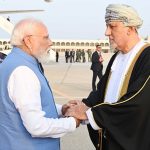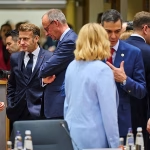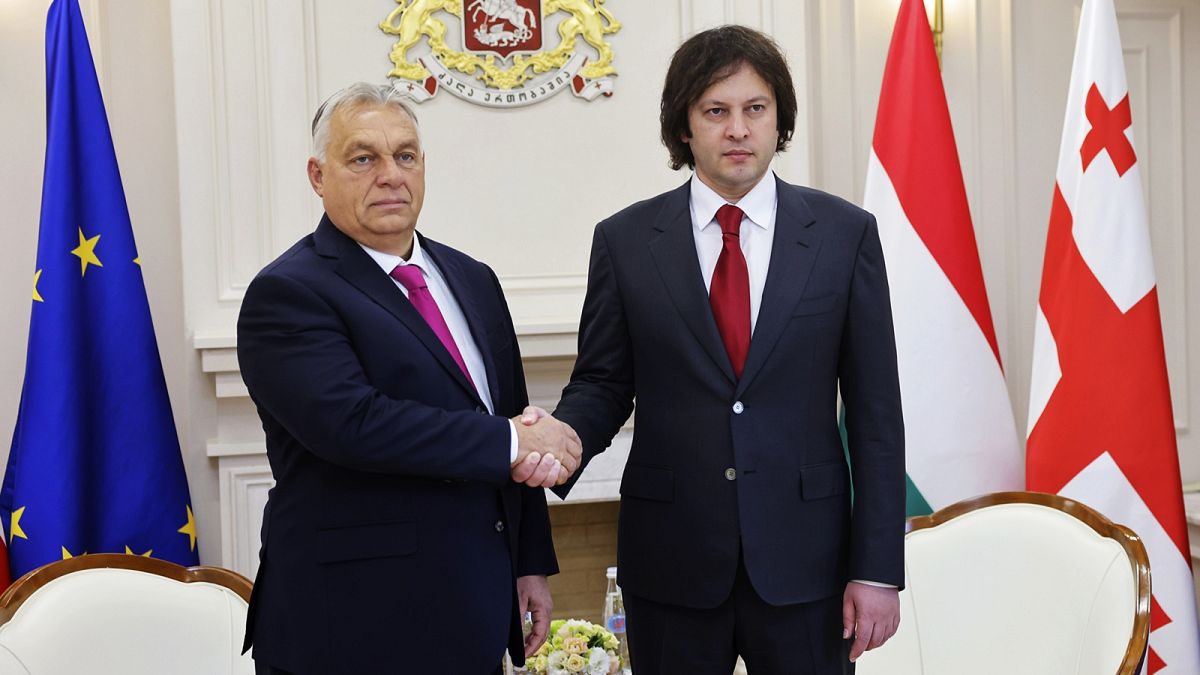Viktor Orbán’s visit to Georgia has sparked controversy among 13 European Union countries, including Germany and France, who have criticized the Hungarian Prime Minister for lacking a mandate to speak on behalf of the EU. Despite facing backlash, Orbán praised Georgia’s recent parliamentary elections as “free and democratic,” following the ruling Georgian Dream party’s victory with 54% of the votes. However, the elections were marred by allegations of voter pressure, intimidation, and coercion, prompting concerns about the impact of Russian interference.
Orbán expressed support for Georgia’s aspirations to join the EU, emphasizing the country’s pro-European choice. Despite his celebratory words, European Commission President Ursula von der Leyen called for a transparent investigation into the alleged irregularities in the elections and emphasized the importance of Georgians being masters of their own destiny. In contrast, a joint letter from 13 EU member states criticized Orbán’s visit to Tbilisi and condemned all violations of international norms for free and fair elections, emphasizing that he does not speak on behalf of the EU.
Under the rule of Georgian Prime Minister Irakli Kobakhidze, EU-Georgia relations have deteriorated significantly due to legislation that weakens democracy and emulates Russian authoritarianism. Brussels has frozen Georgia’s accession process in response to controversial laws targeting foreign-funded media outlets, NGOs, LGBTQ+ rights, and opposition parties. The European Commission clarified that Orbán’s visit to Tbilisi is part of bilateral relations between Hungary and Georgia and that he has not received a mandate from the EU Council for his trip.
The upcoming informal summit with the 27 EU leaders in Budapest will focus on discussing the Georgia elections and assessing next steps. Despite Orbán’s positive remarks about the elections, concerns remain about the alleged irregularities and the implications of Russian interference. The joint letter from the 13 EU member states highlights the severity of the violations of electoral integrity in Georgia and expresses solidarity with the Georgian people’s legitimate European aspirations. In the midst of political tensions, the EU remains committed to upholding democratic principles and ensuring fair and transparent elections in Georgia.











